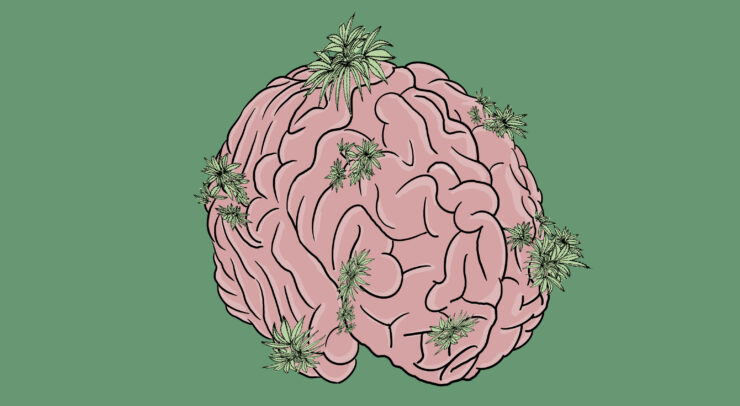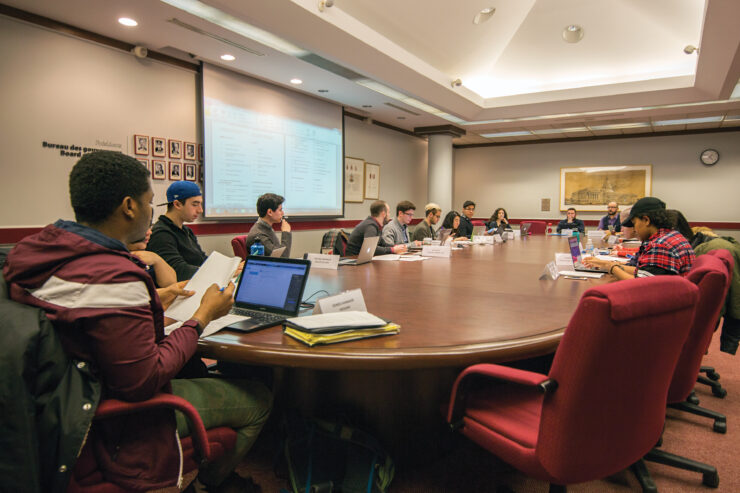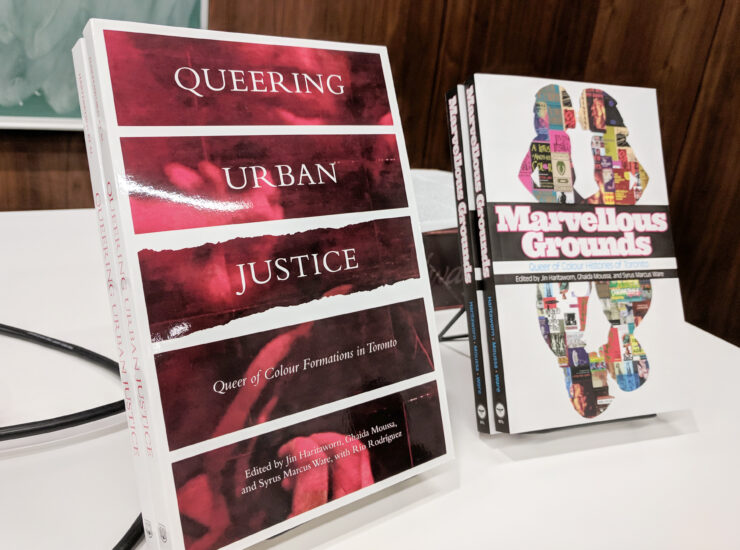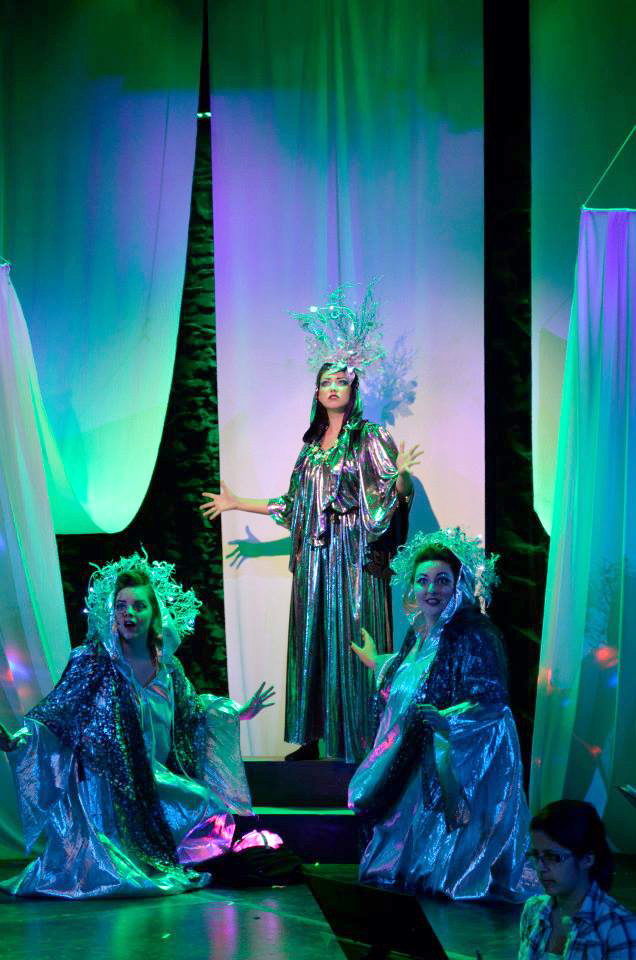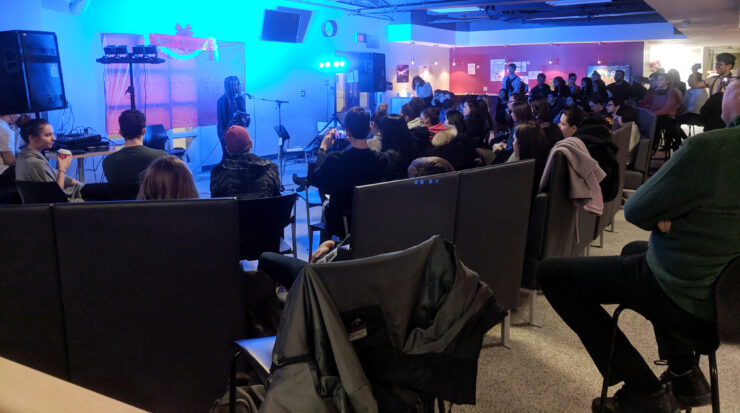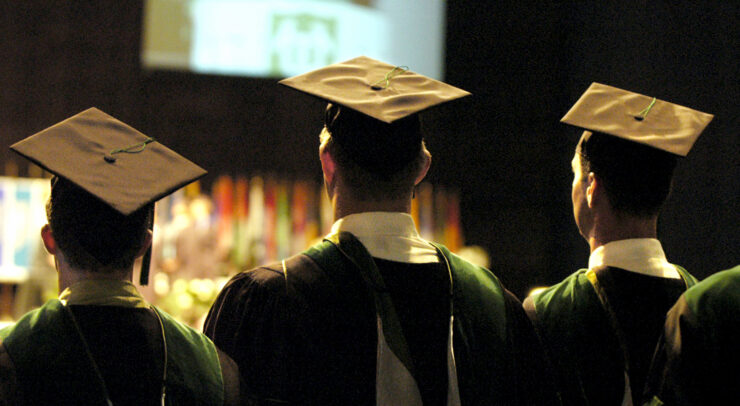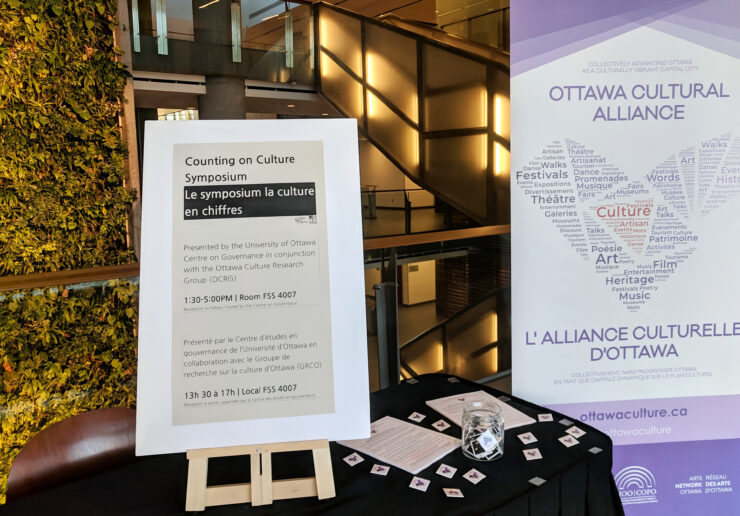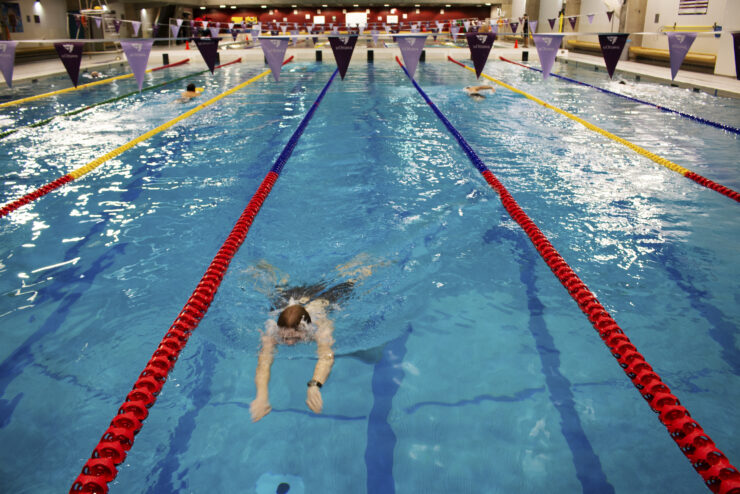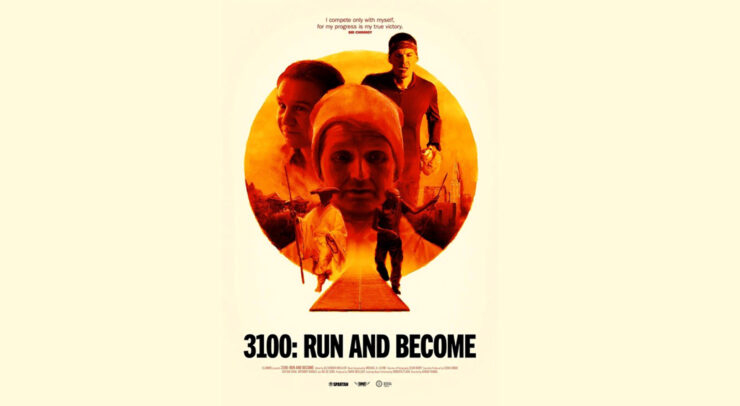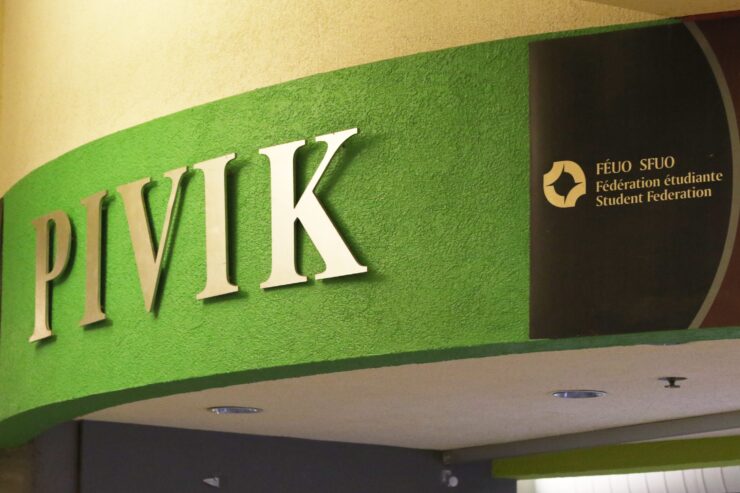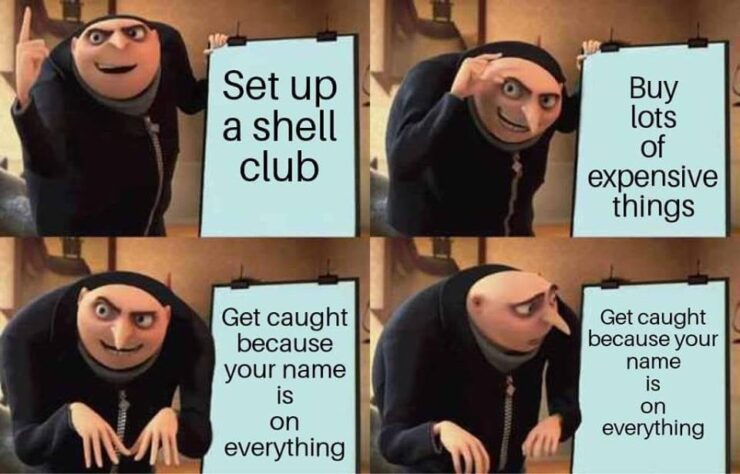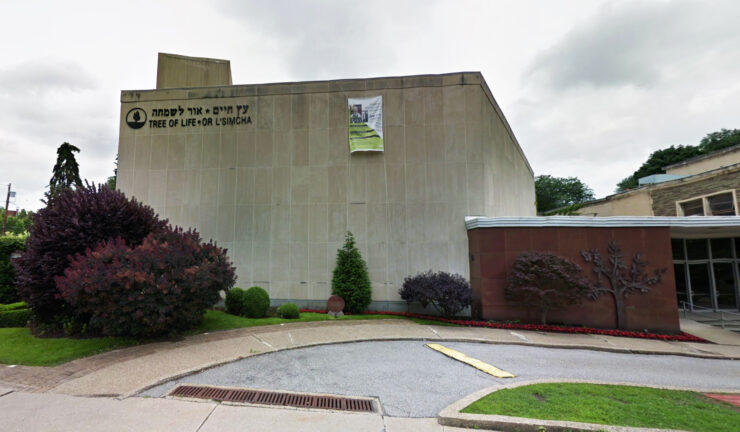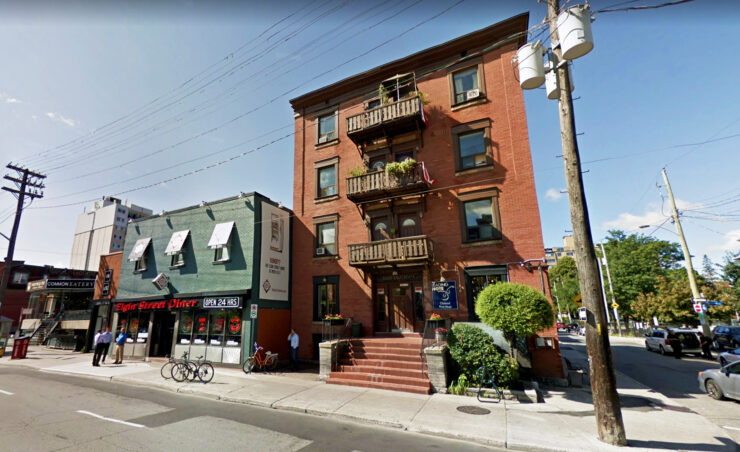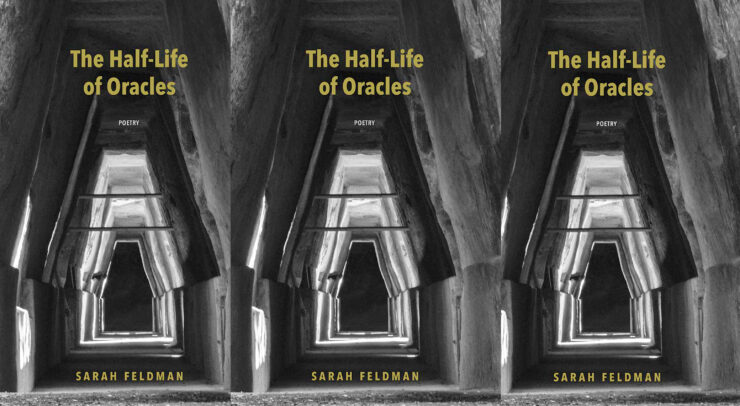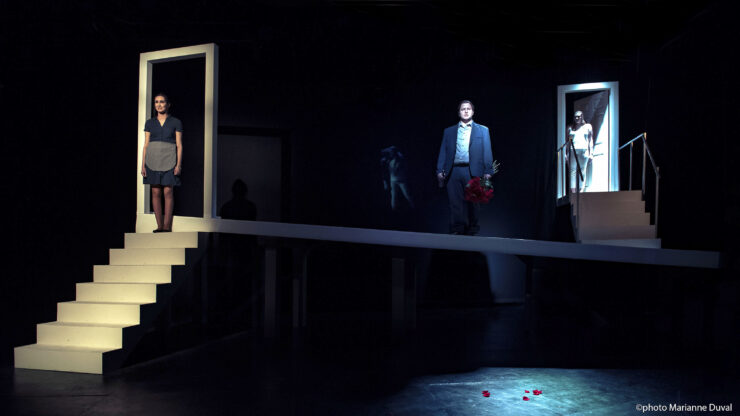To everyone who has supported us through each transition over the years, thank you for believing in student journalism.
Iain Sellers
For some regular cannabis consumers, the immediacy of relaxation that cannabis brings on has been enough of a reason to consider it as a day-to-day treatment for anxiety and stress.
With the February referendum fast approaching, students voice what they expect out of their next student union—regardless of who wins.
“Our team was trying to think of unique ideas for Escape Rooms that we hadn’t seen before—(and) we thought escaping from detention was a creative concept that fit perfectly with our location at the University of Ottawa.”—Kaitlyn Rourke, one of the event’s organizers and a fourth-year biomedical science student.
It’s important to remember that, even if there is a cutting-edge Netflix series premiering in the near-future, books still have an important role to play in raising questions—and engaging minds.
“It’s generative, it’s creative, and it’s been embellamative of the kinds of activism that QTBIPOC has been doing in this city, this province, and this country.”—Syrus Marcus Ware, one of the books’ editors.
“Even in the context to which there might be some indication of (creepiness to the stalker’s actions), it’s never really pushed to the degree which we actually see how terrifying it really is.”—Julie Lalonde, women’s rights activist, and survivor of stalking.
This year, there are tons of fun and cultural activities that you can partake in—both inside and outside—to make the season great. So, grab a toque and brace yourself for five of the Fulcrum’s top activities for you in this wintry wonderland.
“The festival really started with a single goal: let’s celebrate womxn artists. As a group of local artists, this is something we’d all felt for a few years—that desire to celebrate and connect with other female (and) genderqueer artists.”—Monica Bradford-Lea.
“(‘The Old Maid and the Thief’) is about small town gossip and scandal. It’s quite funny, and the music is very accessible even though it’s contemporary.”—Artistic director of the two operas, Sandra Graham.
“The coffeehouse is a nice, cozy little gathering where people auditioned to perform in front of other students.—Andres Ackland-Snow, a first-year biomedical student, and a first-year representative for the SSA.
“Several focus groups were held and this idea came out of those discussions whereby students were looking to normalize the conversation around mental health,” explained Associate Vice-President of Student Life, Michel Guilbeault in an email to the Fulcrum.
For many graduates who look back at their university experience, their memories are likely a complex series of frustrating, joyous, and unique events—but, they’re just that: complex.
“Everyone thinks that culture is this thing that’s on the side that doesn’t have much impact but, it contributes 3.4 billion dollars to the local economy.”—M. Sharon Jeannotte, a Senior Fellow at the Centre on Governance of the University of Ottawa, and co-chair of the Ottawa Culture Research Group.
“I think, (that) looking at the multi-dimensional aspect of being an athlete, and what it means to be an athlete contemporarily, is the kind of space that I want to explore as an anthropology student.”—Lucas Mollame, a fourth-year anthropology student, and a team member of CAM/MAC.
You don’t need to swim like a fish, but it helps to get hooked like one!
“Ottawa is really uniquely situated because (you can go exploring) within an hour-drive from downtown. You can be climbing in Calabogie, running in Gatineau Park, skiing in Chelsea, or whitewater kayaking on the Ottawa River,” — Jordan Kent, film festival organizer.
Ottawa—which has often been dubbed the town (or city) that fun forgot—faces lots of challenges when it comes to nightlife.
“(Looking back at) my first time … (my biggest) regret was not speaking. I thought that all (kinds of) bad things would happen to me—and then the second time that I did it, I found that if you put yourself out there … you’ll get good feedback from it.”
The Fulcrum has put together a list of alternative shops that students can go to if the SFUO ceases to be able to fund its businesses on campus—or, if you are just looking to support non-SFUO initiatives.
The Fulcrum got an exclusive interview with the admin of perhaps the most infamous Facebook page in the U of O community: Beloved SFUO Overlords.
“I didn’t realize the full extent for how traumatic this is for students until I met students the next day (after the shooting), and I’ve never seen such sadness for something that didn’t happen to them directly.”
“It’s magic … when there’s a crowd in here, and … snow is falling outside, (and) everybody’s got a drink—it’s a very intimate space for people to kick back, have a drink, and listen to the authors reading from their work—it’s really magic.”
“In part, it’s a way of thinking through questions that are raised by ancient Greek philosophy, and in part, it’s a way of thinking through those questions (about) poetry, and (life’s) day-to-day experience of loss, and what happens when you turn that loss into something that’s wider—more abstract, ” explained author and PhD student, Sarah Feldman.
“I think a lot of them were intrigued by the story, by the text, by the way it was written because it’s not your regular realistic drama—it goes way beyond that,” explained director Melina Buziak. “The characters often break the fourth wall and refer directly to the audience and the text is really intriguing.”

